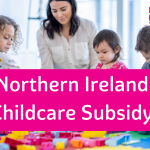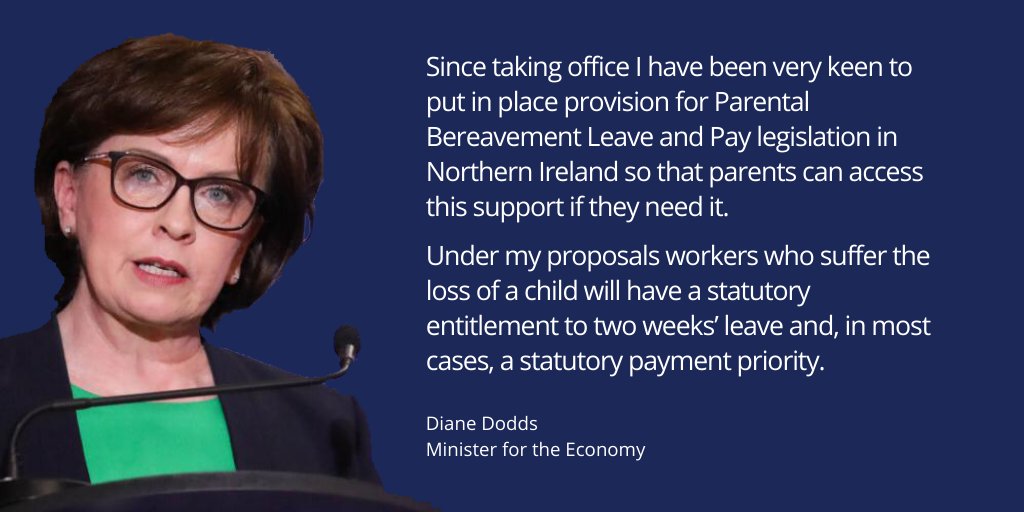Support for businesses and the self-employed during Coronavirus
Further detail announced on the extension of the Coronavirus Job Retention Scheme
The Chancellor announced on Friday (29 May) a number of changes to the Coronavirus Job Retention Scheme including:
- From 1 July, businesses will have the flexibility to bring furloughed employees back to work part-time
- From August, the level of support from Government will start to be tapered with a gradually increasing contribution required from employers.
Further detail is set out below.
Flexible Furlough
From 1 July, and not from 1 August as previously suggested, there will be more flexibility with the scheme, and businesses will be able to bring furloughed employees back to work part-time.
It will be up to individual organisations to agree working patterns with their staff, and the employer will be responsible for paying 100% of their salary on the days that they are working.
This ‘flexible furlough’ will only be available for employees who have previously been furloughed therefore the scheme will close to new entrants on 30 June, with the last three-week furlough periods before that point starting on 10 June.
Tapering of support
From 1 August, there will be a gradual tapering of the support provided by Government, with employers required to contribute more. Importantly, employees will continue to receive 80% of their salary (up to the cap) when they are not working. This means, over the coming months, the following will apply:
- June and July: Government will continue to pay 80% of wages (up to the cap of £2,500) and cover employer National Insurance and statutory pension contributions.
- August: Government will continue to pay 80% of wages, but employers will be liable for any employer National Insurance costs and statutory pension contributions.
- September: Government will pay 70% of wages, up to a cap of £2,187.50, with employers now liable to pay the additional 10%, making them up to 80%.
- October: Government will pay 60% of wages, up to a cap of £1,875, with employers now liable to pay the additional 20%, making them up to 80%.
Self-Employment Income Support Scheme extended
The Chancellor also confirmed that the Self-Employment Income Support Scheme (SEISS) is being extended for a further three months, with those who are eligible able to claim a second and final grant in August. The grant will be worth 70% of their average monthly trading profits, paid out in a single instalment covering three months’ worth of profits, and capped at £6,570 in total.
Anyone who has not yet applied for the first instalment of the SEISS grant for the months of April, May and June, worth 80% of their average monthly trading profits, has until 13 July to submit their application.
It is important to note that you do not need to have claimed the first grant in order to be eligible for the second grant.
***Update 19 June 2020 – Self-employed new parents can claim Self-Employed Income Support Scheme
Self-employed parents whose trading profits dipped in 2018/19 because they took time out to have children will be able to claim for a payment under the Self-Employed Income Support Scheme (SEISS) – they will now be able to use either their 2017-18 or both their 2016-17 and 2017-18 self-assessment returns as the basis for their eligibility for the SEISS. Further details of the change for self-employed parents will be set out by the start of July in published guidance.
Where can I get more information?
Further information is available on the Government’s website: https://www.gov.uk/government/news/chancellor-extends-self-employment-support-scheme-and-confirms-furlough-next-steps
You can contact our Family Benefits Advice Service for guidance on what financial support might be available to assist you and your family. Call 028 9267 8200 or email hello@employersforchildcare.org






